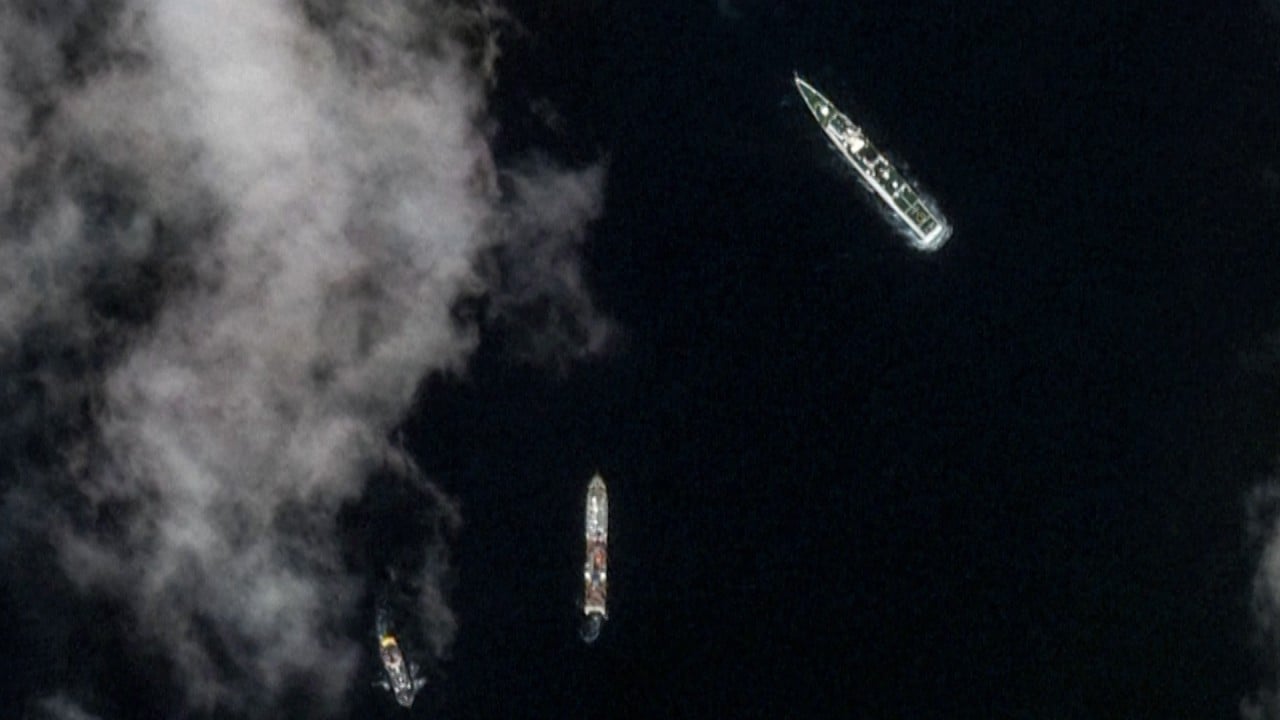South China Sea: Beijing, Hanoi try to navigate differences as territorial disputes ripple
China and Vietnam should “properly manage differences, accelerate maritime cooperation and consultation on the South China Sea Code of Conduct, and resolve conflicts and differences through win-win cooperation”, Wang said, according to a statement from his ministry.

The code of conduct will be based on the Declaration on the Conduct of Parties in the East Sea/South China Sea, which was signed between China and regional states at a 2002 Asean summit in Cambodia. The terms included commitments on encouraged and restrained behaviours in the waters.
In a veiled shot at the United States, Wang also stressed that the neighbouring states should be “wary of creating camp confrontations in the region” and “cobbling together various ‘small circles’ to undermine regional peace and stability”.
US ship’s Vietnam port call ‘positive’ commitment to peace in South China Sea
The Vietnamese Communist Party’s mouthpiece, Nhan Dan, similarly reported that the two sides “underlined the importance of seriously implementing the agreements and common perceptions reached between the two parties and countries’ leaders on properly controlling and settling differences”.
There was no mention of the recent stand-off between coastguard vessels from China and the Philippines near Second Thomas Shoal, but the report said China and Vietnam did agree to join Asean countries in “promoting negotiations and soon finalising a substantive, efficient and effective code of conduct in the waters” in accordance with relevant laws.
Wang also pledged to strengthen “high-level strategic communication”, and continue expanding cooperation in economic and trade investment, the digital economy, green development, new energy, and production of key minerals.
Also on Thursday, it was announced that the chairman of Vietnam’s National Assembly, Vuong Dinh Hue, will lead a delegation to China for an official visit from April 7-12.
